Commercial Loan Agreement, Intragroup & Director Loan


A loan agreement is a contract between a borrower and a lender, stipulating a mutual commitment between the two parties. There are many types of loan agreements, including "facility agreements", "revolvers", "term loans", and "working capital loans". The loan agreement is a document compiled from various mutual commitments made by the parties involved. Most banks would have its own standard form of loan agreements (the market standard being the “LMA Agreement” - see below) however it is still possible for the borrower to negotiate certain clauses.
An intra-group loan agreement refers to a loan agreement between a borrower and a lender in the same group company. A shareholder's or a director's loan is a loan made by the shareholder or director to the company. Loans and cross guarantees between members, directors or shareholders of the same group of companies are a common feature of many group financing structures.
The normal intra-group loan is from a parent/director/shareholder to the company but not the other way round. A loan from the company to its shareholders might constitute allocation of assets to its members and may be prohibited by law or require special approval by its members or creditors. In particular, a company is prohibited from giving financial assistance for the acquisition of its own shares or shares in its holding company. The company's provision of guarantees to creditors of its parent company or other subsidiaries in connection with "normal financing transactions" does not constitute an allocation of assets to its members. One should consult a lawyer if the financing is from a subsidiary to the parent.
The documentation for an intragroup loan from a parent/director/shareholder to the company are generally simpler with less stringent default provisions than normal commercial loans. The amount of intragroup loan will be allocated to a situation where the Borrower may not be able to repay the loan when it is required to be repaid and the Lender may not receive the appropriate value for bearing the risk.
A Borrower will want a short notice period for making drawings. A Borrower may attempt to ensure that no commitment commission is payable while drawings are not possible (for example, because conditions precedent have not been satisfied, or because of a change in circumstances). The Banks will probably not agree to this while there is the possibility that they could be obliged to permit drawings in the future, however, because until the facility is cancelled they will have to hold funds available in case the possibility materialises. The Borrower should seek to provide for a refund of any commitment commission paid in advance if the facility is cancelled.
A Borrower should have the right to prepay at the end of any interest period without penalty (but subject to notice) and the right to prepay at other times on indemnifying the Banks against their unwinding costs. The right should be to prepay the whole or any part of the loan, and in the case of a prepayment of part, the Borrower should ensure, so far as possible, that the repayment schedule is amended to suit him.
Representations may be expressly repeated periodically, for example on each interest payment date. Alternatively, it may be an event of default if a representation becomes untrue by reference to the circumstances then existing or if "any of the representations or warranties is or becomes untrue".
The Borrower should resist any attempt to have the representations and warranties repeated or deemed repeated since the result could be:
(a) that a term loan becomes, in effect, a demand loan as a result of circumstances outside the Borrower's control; and
(b) that breach of continuing representations and warranties triggers cross-defaults in other agreements.
In any event, the "material adverse change" should be limited by reference to the ability of the Borrower to perform its obligations under the Loan Agreement and the Borrower should attempt to qualify any representation regarding the accuracy of any information that it has provided so as to exclude oral information and information casually supplied.
Any undertaking to provide the Banks with information should be limited so as to exclude information:
(a) reasonably considered by the Borrower to be of a confidential nature;
(b) which would require the consent or approval of a third party;
(c) which would necessitate similar disclosure being made to the public.
This undertaking may limit the ability of the Borrower to create security over its assets. Accordingly, there should, in any event, be excluded from the scope of the negative pledge/undertaking:
(a) liabilities subject to liens or rights of set-off arising in the ordinary course of trading (although this will generally have to be subject to the qualification that the amount of such liabilities is not material); and
(b) liabilities secured or preferred by reason of the general law applicable to the Borrower (a vendor's or repairer's lien, for example) or which a Borrower is required to give under some mandatory law or the terms of any governmental consent.
There are, broadly, four categories of changes in circumstances.
(a) Supervening illegality
(b) Increased Costs
(c) Market Collapse
(d) Inability of certain banks to fund themselves
The Borrower should consider attempting to obtain provisions that ensure that:
(a) it is provided with a certificate from the relevant Banks setting out details of the changes in circumstances; and
(b) it is provided with all documents necessary to verify any computations.
The most important provision in this section will be the "grossing up" provision, to the effect that if the Borrower is obliged to make any withholding, it will pay an additional amount, so that the Bank receives what it would have received had no withholding been necessary.
If the payments section includes a currency indemnity clause, the Borrower may seek to make it mutual - that is, to have the benefit of any advantageous exchange made by the Banks passed back to it.
Most agreements provide that, if any of the specified events occur, the Bank may cancel the outstanding facility and/or declare the loan to be immediately due and payable. As a general point, a Borrower should negotiate "grace periods" whenever possible, and that they run from when notice is received by the Borrower of the relevant breach rather than from when the relevant breach occurs. The Borrower should also establish that the loan can only be accelerated when the relevant event of default has occurred "and is continuing". Otherwise, the Banks might be able to accelerate although the relevant breach had been remedied, which would be wholly inequitable.
Loan agreements commonly include an indemnity from the Borrower against any losses resulting from the event of default and any consequent acceleration. This is usually intended to cover break funding costs or foreign exchange losses and other amounts which flow from the event and any such acceleration, the occurrence of which could have been reasonably foreseen at the time the loan agreement was entered into. Accordingly, the Borrower should seek to confine the indemnity to direct losses alone. Any indemnity for the Banks' expenses and any uncapped fees should extend only to expenses and fees which are reasonable or which have been properly incurred.
Loan Market Association ("LMA") published its recommended form loan and facility agreements to encourage a more coordinated approach to loan documents, thereby improving the efficiency of the primary and secondary markets. It is important to recognise that although it is sometimes considered a "standard document", it is only a starting point. For example, the document does not contain any financial covenants; statements, covenants and events of default always need to be adjusted to the circumstances of the individual borrower and related transactions. Even though the LMA agreement reflects the market practice of syndicated loan arrangements for borrowers with credit ratings, it should be negotiated by the borrower in its own interest.
The LMA agreement is designed to provide "ordinary" loans to UK businesses. In particular, it assumes the following:
Even if the characteristics of the loan are not entirely inconsistent with those listed above, the LMA agreement can be used as the basis of the loan documentation, subject to modifications. For example, in common law countries, especially less developed countries, the LMA agreement is used as the basis for many loan agreements ("Developing Country Agreements"). Please note that there are three versions of the LMA agreement: term and revolving loan agreements, revolving loan agreements, and term loan agreements.
Subordination is a transaction or agreement whereby one creditor (the "Junior Creditor") agrees to postpone or subordinate payment of its debt (the "Subordinated Debt") due to it from a common borrower (the "Borrower") until another creditor of the Borrower (the "Senior Creditor") has had its debt (the "Senior Debt") paid by the Borrower. Underlying that relatively simple statement is a wide variety of types of subordination and methods of achieving such subordination. Even this attempt at a simple definition masks a whole series of questions as to what the definition means and how absolute is the degree of postponement or subordination.
Almost by definition, subordination is only of relevance when the Borrower has or is likely to, run into financial problems and in particular when the Borrower has become insolvent. So long as the Borrower is healthy and can service all its loans, subordination is of no relevance.
Not the right document?
Don’t worry, we have thousands of documents for you to choose from:

10 Jun 2022
6 min read

2 Jun 2022
6 min read

27 May 2022
6 min read

20 May 2022
6 min read

9 May 2022
6 min read

3 May 2022
3 min read

25 Apr 2022
5 min read

31 Mar 2022
1 min read

29 Mar 2022
1 min read

20 Mar 2022
6 min read

12 Mar 2022
5 min read

21 Feb 2022
5 min read

31 Jan 2022
5 min read
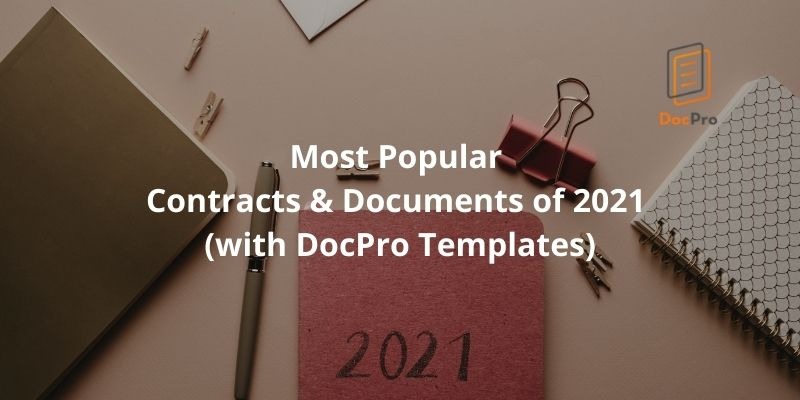
13 Jan 2022
4 min read

3 Jan 2022
5 min read

7 Dec 2021
11 min read
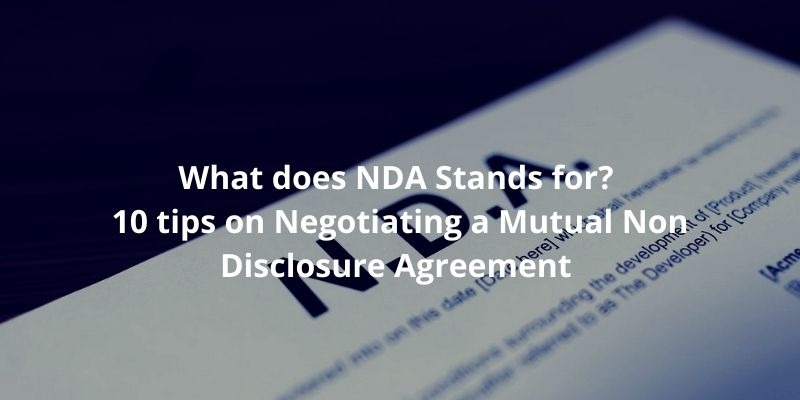
14 Nov 2021
6 min read

1 Nov 2021
9 min read

21 Oct 2021
1 min read

17 Oct 2021
7 min read

7 Oct 2021
12 min read

16 Sep 2021
4 min read

14 Sep 2021
5 min read
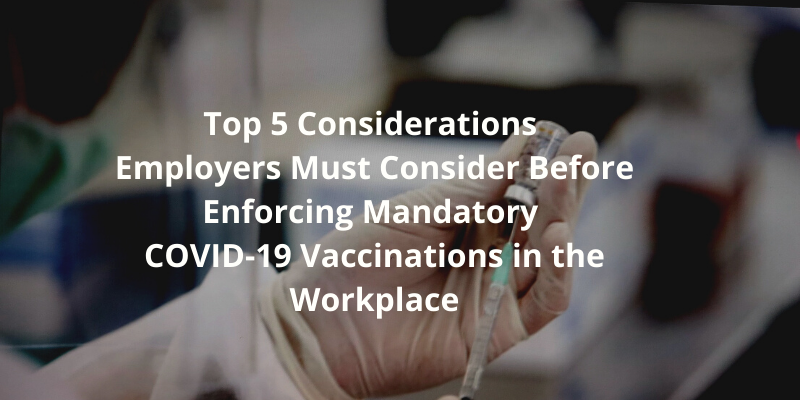
10 Sep 2021
3 min read

31 Aug 2021
4 min read

23 Aug 2021
3 min read
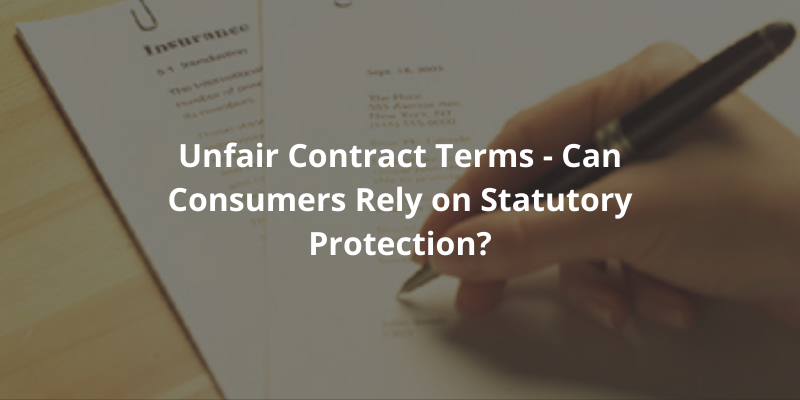
16 Aug 2021
5 min read

30 Jul 2021
6 min read

23 Jul 2021
7 min read

13 Jul 2021
5 min read

2 Jul 2021
5 min read

24 Jun 2021
5 min read

15 Jun 2021
4 min read

4 Jun 2021
6 min read

28 May 2021
5 min read

21 May 2021
5 min read

14 May 2021
5 min read

7 May 2021
5 min read

30 Apr 2021
5 min read

23 Apr 2021
5 min read

16 Apr 2021
5 min read

9 Apr 2021
5 min read

1 Apr 2021
5 min read

26 Mar 2021
4 min read

19 Mar 2021
5 min read

12 Mar 2021
5 min read

5 Mar 2021
6 min read
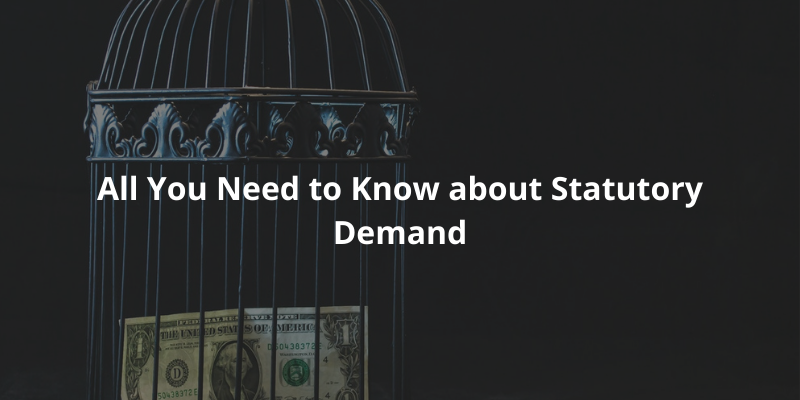
26 Feb 2021
5 min read

19 Feb 2021
6 min read

11 Feb 2021
5 min read

29 Jan 2021
6 min read
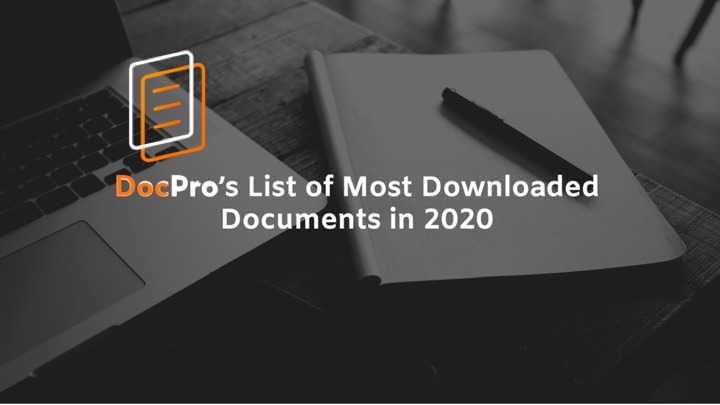
29 Jan 2021
3 min read

22 Jan 2021
6 min read

15 Jan 2021
6 min read

8 Jan 2021
6 min read

31 Dec 2020
6 min read

24 Dec 2020
0 min read

24 Dec 2020
7 min read

18 Dec 2020
6 min read

11 Dec 2020
6 min read

4 Dec 2020
6 min read

27 Nov 2020
6 min read

27 Nov 2020
7 min read

22 Nov 2020
7 min read
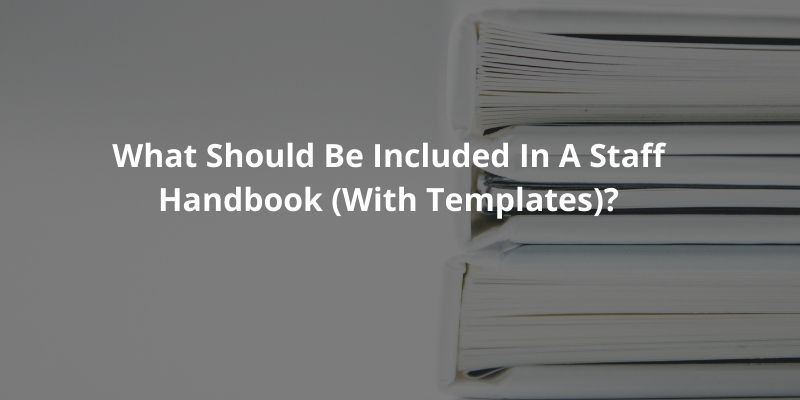
13 Nov 2020
8 min read
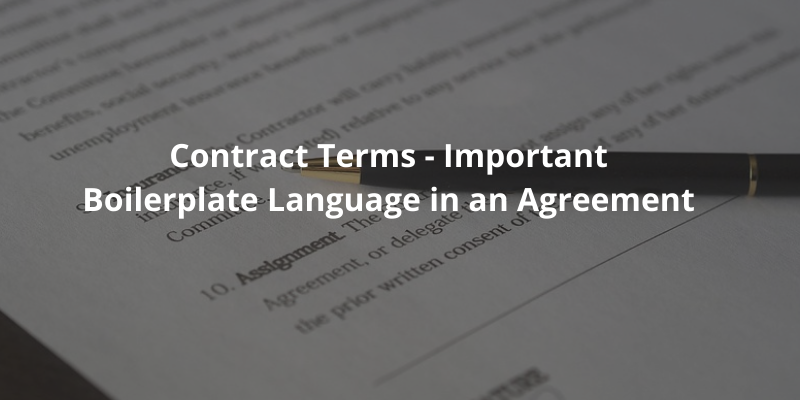
12 Nov 2020
8 min read

7 Nov 2020
8 min read

5 Nov 2020
6 min read

30 Oct 2020
7 min read
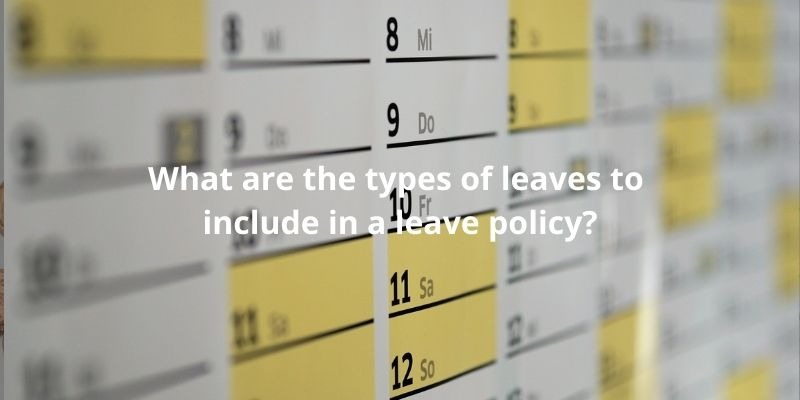
29 Oct 2020
8 min read

23 Oct 2020
7 min read

19 Oct 2020
8 min read

16 Oct 2020
10 min read

7 Oct 2020
9 min read

28 Sep 2020
8 min read

18 Sep 2020
7 min read

9 Sep 2020
7 min read

3 Sep 2020
7 min read

27 Aug 2020
8 min read

27 Aug 2020
9 min read

19 Aug 2020
8 min read

17 Aug 2020
8 min read

11 Aug 2020
8 min read

11 Aug 2020
8 min read

10 Aug 2020
11 min read

10 Aug 2020
9 min read

7 Aug 2020
9 min read

4 Aug 2020
9 min read

3 Aug 2020
10 min read

23 Jul 2020
8 min read

23 Jul 2020
8 min read

12 Jul 2020
8 min read
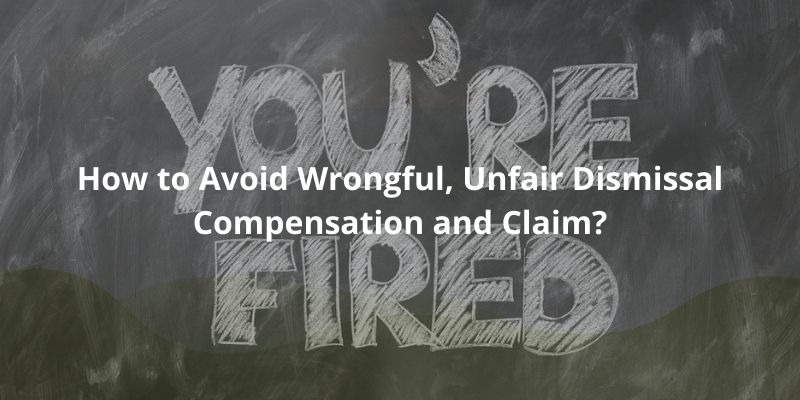
5 Jul 2020
7 min read

25 Jun 2020
7 min read

12 Jun 2020
9 min read

11 Jun 2020
9 min read

9 Jun 2020
9 min read

8 Jun 2020
8 min read

4 Jun 2020
5 min read

4 Jun 2020
8 min read
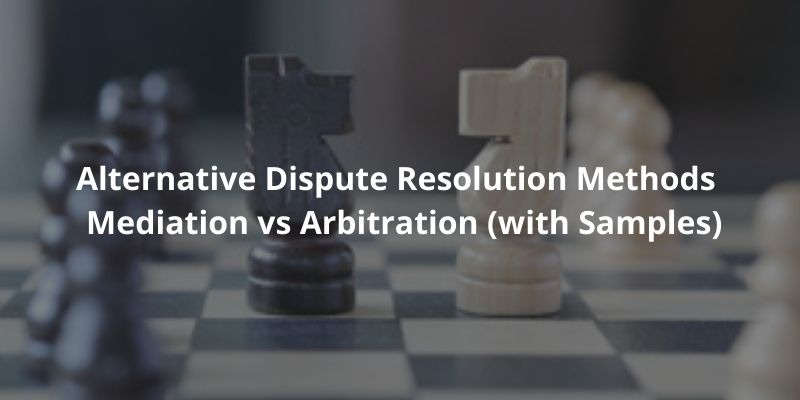
2 Jun 2020
10 min read
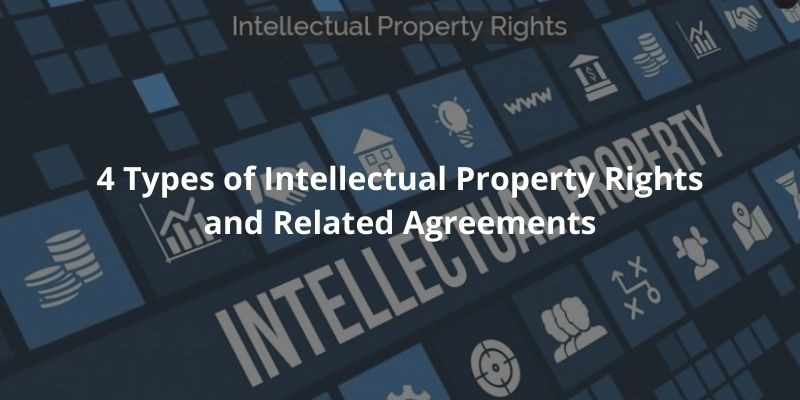
28 May 2020
13 min read

25 May 2020
8 min read

1 May 2020
10 min read

1 Apr 2020
6 min read

1 Mar 2020
11 min read

1 Feb 2020
11 min read

8 Jan 2020
9 min read

1 Jan 2020
1 min read
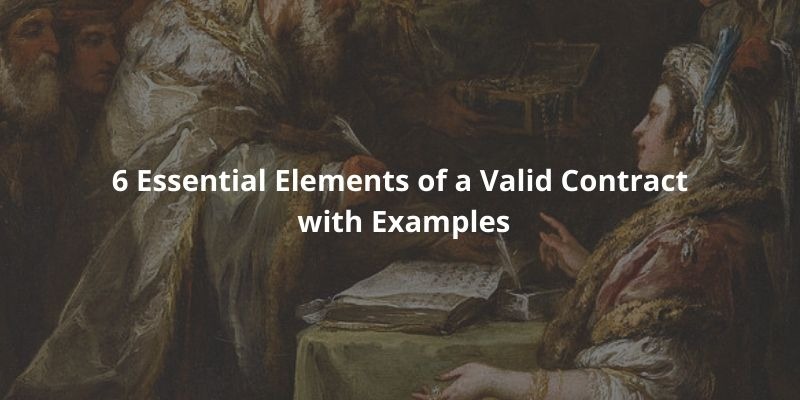
10 Dec 2019
7 min read

26 Nov 2019
8 min read

5 Nov 2019
5 min read

24 Oct 2019
3 min read

1 Oct 2019
1 min read

1 Oct 2019
1 min read





